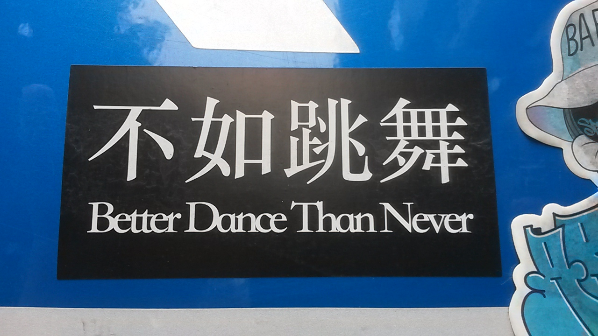The most pervasive metaphor in English may be the use of "higher" to mean "better" (e.g., stronger or more moral), which has spawned endless figures of speech. It's hard to avoid those metaphorical phrases, although that might be wise in situations in which "higher" also has a relevant physical meaning. The New York Times on Saturday ran the following headline:
(1) As Trump Takes On Athletes, Watch Them Rise
Indeed, these athletes may be rising metaphorically as a political force. But they're refusing to rise physically for the singing of the U.S. national anthem. On the same day, the New York Times wrote (in this article, though it has now been edited away):
(2) Some people urged more players to kneel or sit during the anthem at football stadiums on Sunday as a way to reinforce their First Amendment rights. Others urged more white players to stand with black players who have knelt or sat during the anthem.
How confusing! White players are urged to stand metaphorically with their black teammates … by physically kneeling or sitting with them, or by speaking out afterwards.
But how do we readers know that "stand with" in (2) is metaphorical? Why couldn't the second sentence be about white players standing physically?
Read the rest of this entry »

